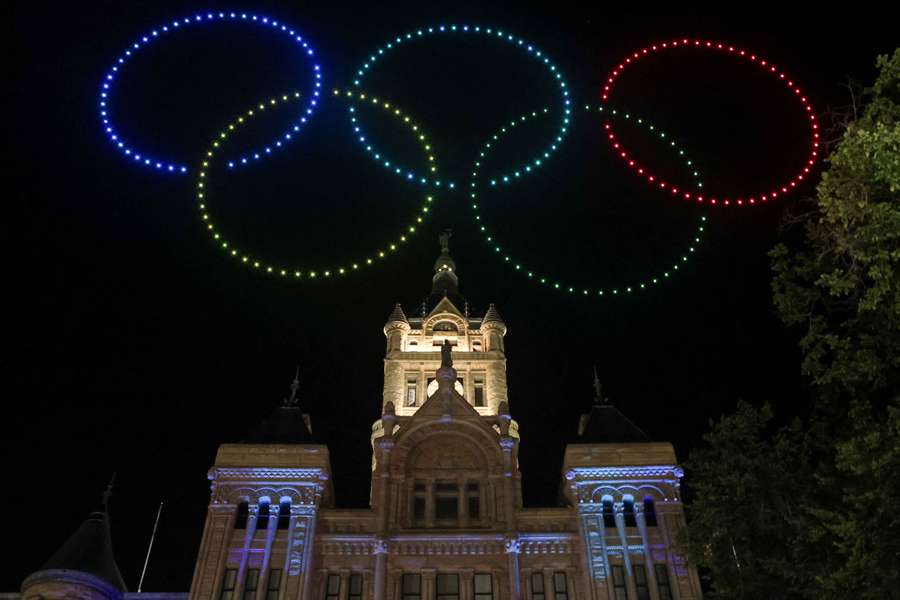Salt Lake City handed 2034 Winter Olympics after IOC warning

The success of Salt Lake City's bid was a foregone conclusion given the Utah city, which hosted the Games in 2002, was the only candidate to stage the winter sports spectacular.
But in a dramatic twist shortly before members approved the bid by 83 votes to six, Olympic chiefs said the Games could be revoked if US lawmakers and the United States Anti-Doping Agency (USADA) were not brought into line.
John Coates, the chairman of the IOC's legal commission, said the host city contract confirming Salt Lake's right to stage the Games had been altered to allow the IOC to remove the Games if US authorities did not respect the "supreme authority" of WADA.
Coates said it was "a must, and I stress the word must" for the US authorities to respect WADA.
"The IOC has reinforced the current language of the Olympic host contract in order to protect the integrity of the international anti-doping system and to allow the IOC to terminate - to terminate - the Olympic host contract in cases where the supreme authority of the World Anti-Doping Agency.... is not fully respected or if the application of the World Anti-Doping code is hindered or undermined," Coates said.
USADA has been a vocal critic of WADA for much of the past decade, and those tensions have escalated this year after reports in April revealed that 23 Chinese swimmers had tested positive for a banned substance ahead of the 2021 Tokyo Olympics, but were subsequently cleared to compete at the Games.
USADA chief Travis Tygart accused WADA of covering up the cases, which China blamed on unintentional food contamination.
WADA has angrily rejected the criticism from USADA, threatening legal action against the body.
Coates on Wednesday meanwhile said both the United States Olympic and Paralympic Committee (USOPC) and the state of Utah had agreed to the reworded host city contract.
"We are committed to fostering WADA's authority as (it) is crucial for the opportunity to provide clean sport for athletes and give them confidence that they can be protected," USOPC chairman Gene Sykes said.
"Our view is that this is of paramount importance and we take their concerns very seriously."
